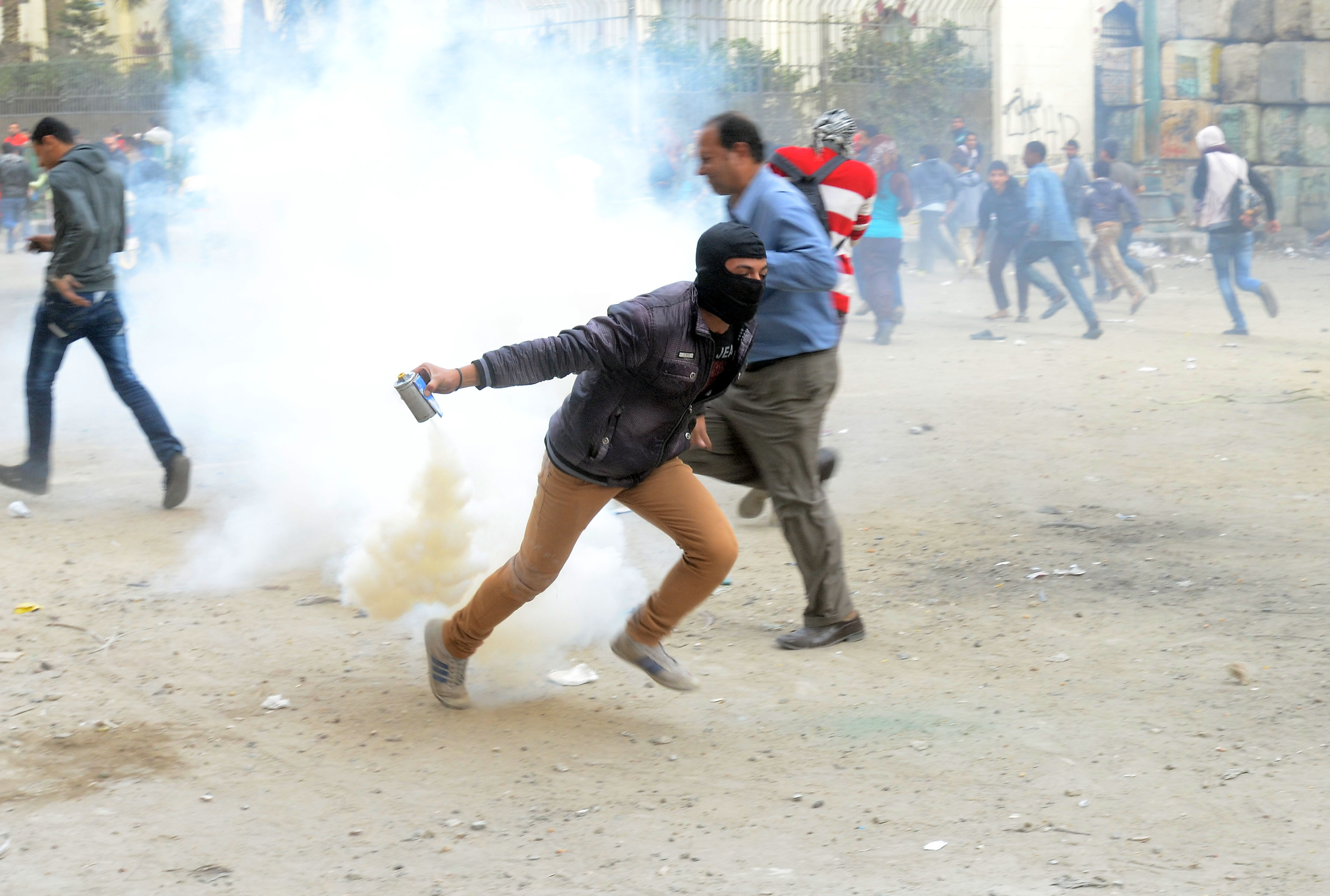Egypt’s Supreme Council for Media Regulation announced, on Sunday, that it has referred a number of domestic websites and newspapers to urgent investigations, due to their continued publishing of ‘unethical materials’.
In a statement published on its official Facebook page, it said, “The Supreme Council for Media Regulation has decided to refer some websites and newspapers to urgent investigations, due to the excessive publishing of ethical issues that harm the society and the family.”
The council added that those published materials “were not based on the law or the investigations of the Public Prosecution.”
The statement noted, “Careful monitoring is currently being done regarding immoral publishing crimes, in addition to the complaints that the council has received from citizens and concerned parties, all of which denounce the delusion of the reputation and honour of ordinary citizens in pursuit of attracting more traffic.”
The council also said that those websites did not consider that the material they published infringed personal rights, and excused displaying materials that violate the honour of people that have not been proven guilty.
“They also abused the freedom of the media that is supposed to defend the innocent and not violate the constitution, law, and rules that prohibit engaging in personal lives without evidence,” the council noted.
Moreover, it stressed that it is in a continuous session to discuss and deal with the violations and abuses that are broadcast via Egypt’s media, and which would harm the reputation of citizens without evidence and taking the necessary measures towards them.
The statement comes following investigations into the case of a female doctor in the Gharbeya governorate’s city of Mahala, whose husband accused her of having numerous affairs while they were married. The husband claimed that he had obtained videos and evidence that supported his accusations.
News reports suggesting the alleged infidelity appeared via some media outlets, who interviewed the husband and based their reports solely on his accusations. Paired with the alleged videos, they collectively harmed the doctor’s reputation.
Investigations by the Public Prosecution revealed, however, that the husband had faked the evidence.
Additionally, the Supreme Council for Media Regulation said that its ethical charter includes the need for preserving the values and principles of the society. It also covers not generalising accusations, not offending others, respecting the opinion of others, as well as avoiding causes for immorality and pornography.


